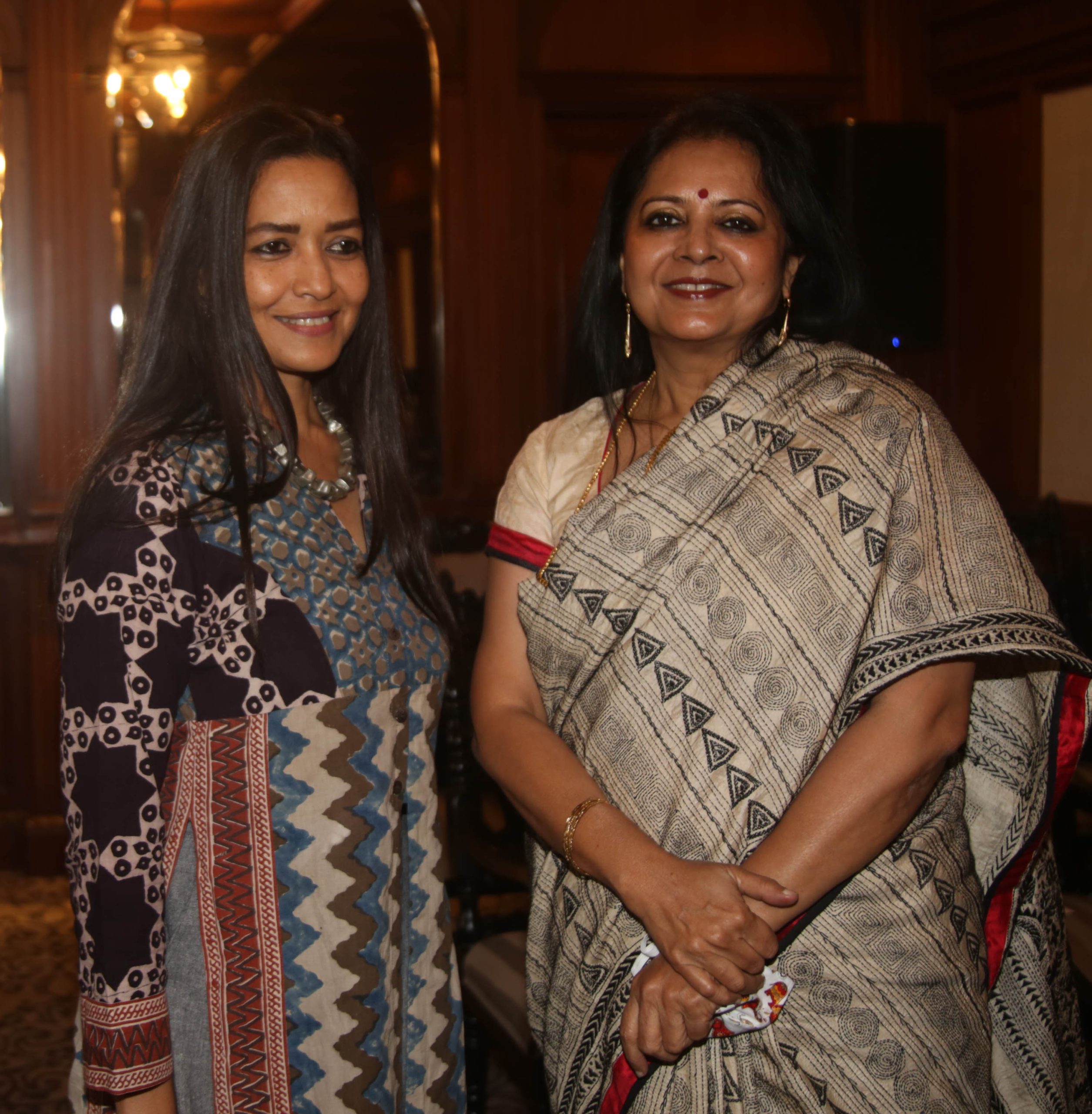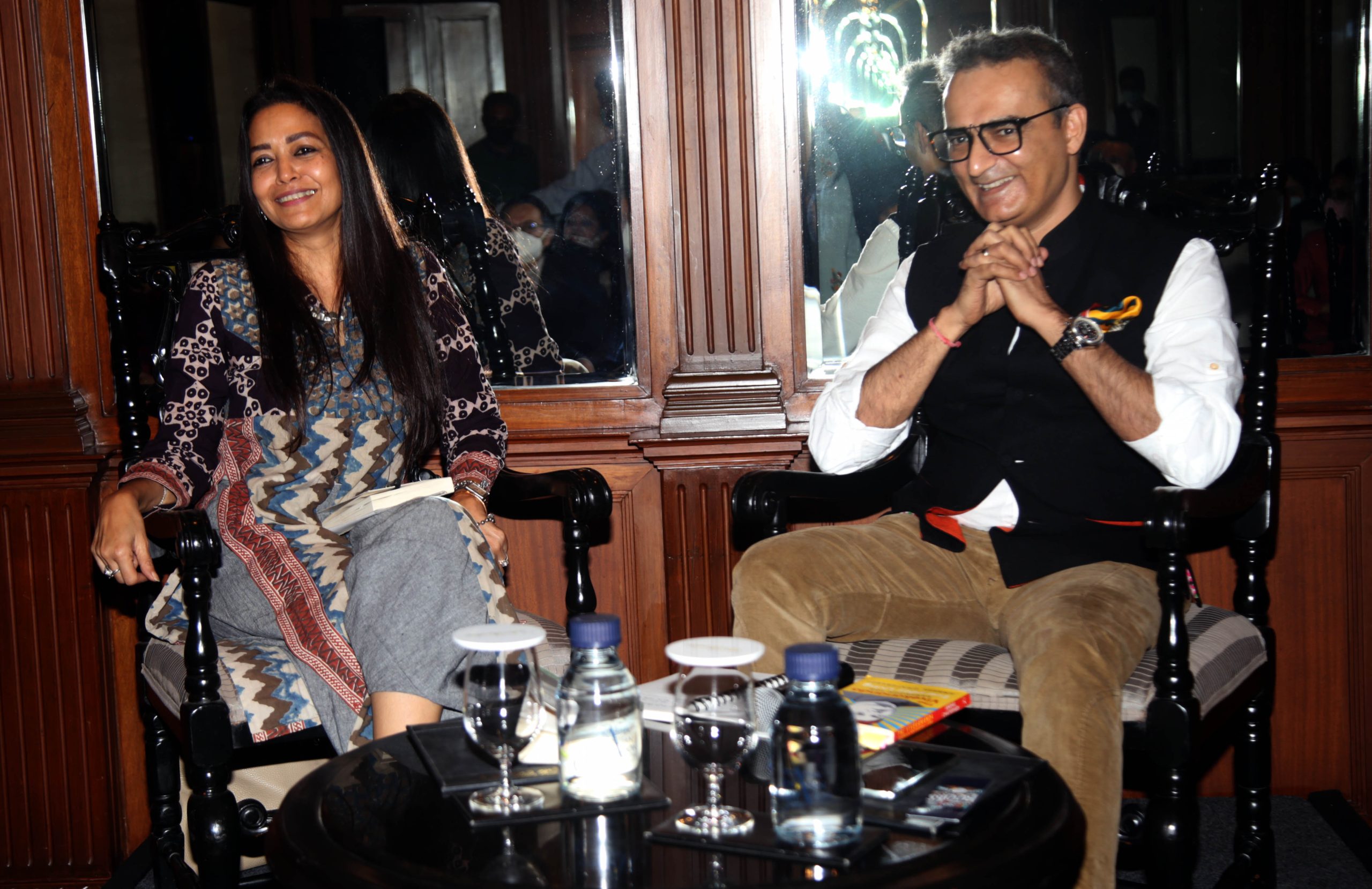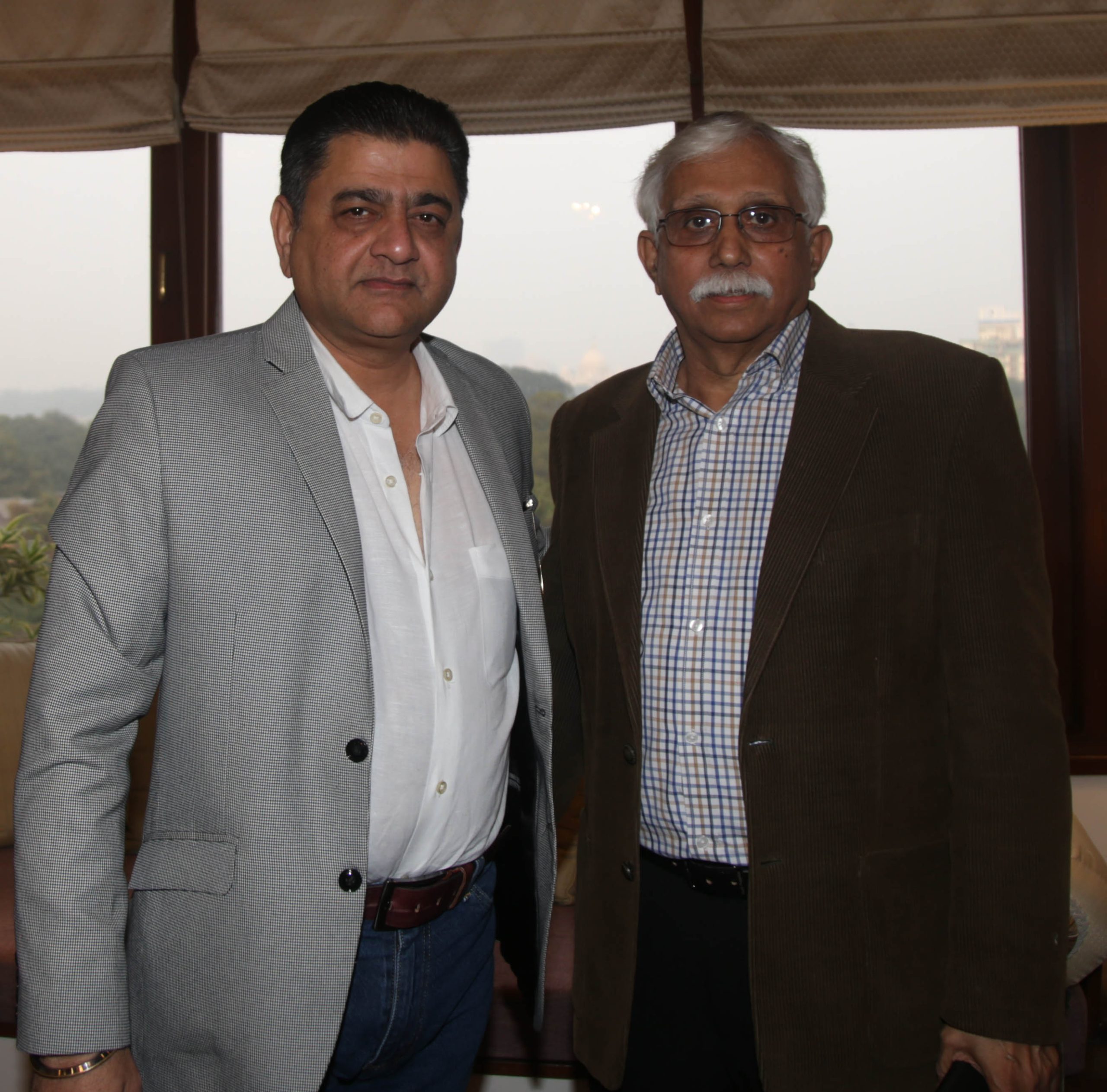A lot has been written about Subhas Chandra Bose, from his deeds of valour that helped India achieve independence from British rule to his differences with Mohandas Karamchand Gandhi and Jawaharlal Nehru to the circumstances around his disappearance or death in August 1945. Yet all these writings have focused on Bose, the leader, often at the expense of Bose, the person.
Anshul Chaturvedi, who has been fascinated with Bose for as long as he can remember, is interested in Bose, the person. At the latest session of An Author’s Afternoon, an initiative of Prabha Khaitan Foundation, Chaturvedi discussed the personality of Bose and how the freedom fighter takes centre stage in his latest book of historical fiction, A Bird from Afar.
Organised at Taj Bengal, Kolkata, the interaction with Chaturvedi was moderated by Esha Dutta, Ehsaas Woman of Kolkata. Both Chaturvedi and Dutta were introduced to the audience by Gouri Basu, Ehsaas Woman of Kolkata.
“I ended up writing the book that I wanted to read. I wanted to focus on the more human aspects of Bose in my book, within the larger context of something else that fascinates me, which is the Second World War,” began Chaturvedi, who references a letter written by Bose to his wife Emile Schenkl in the title of A Bird from Afar.
On the war that gave Bose the opportunity for a fresh movement in the struggle for Indian independence, Chaturvedi noted how “we in India don’t fully comprehend the magnitude of the Second World War. We talk about it as if India was incidental to the war, but India actually came very close to being the centre of the war. If Singapore had fallen, India would have become the focal point of everything, and a German-Japanese alliance would have been heading towards India in order to supplant the British from the country.”
Dutta praised Chaturvedi for his nuanced juxtaposition of fact and fiction in the book, before enquiring why the author chose 1942 as the point of divergence, the precise juncture where history makes way for imaginative writing in the book.
“I think it had to do with me contemplating what would’ve happened had the Germans won the Battle of Stalingrad (August 1942 – February 1943) instead of the Soviets,” responded Chaturvedi.
The next topic up for discussion was the relationship between Bose and Swami Vivekananda and how the latter shaped the former’s personality. “I had already written a book on Vivekananda (The Vivekananda Handbook for Everyday Living, which was published in June 2021), and wanted to show how Vivekananda’s ideas formed the moral basis of Netaji’s actions. Bose was deeply inspired by what he learnt from Vivekananda, as well as from Ramakrishna Paramhansa. A lot of Vivekananda’s ideas echo in Bose’s own writings. It’s a pity that not too many people read what Bose had written himself,” explained Chaturvedi.
The conversation then segued to the magnetism and appeal that Bose exuded with his personality, something that permeates Chaturvedi’s plot. “Bose didn’t believe in compromising, but at the same time, he was a sensitive man who felt deeply for others. In my fictionalised world, Bose ends up working closely with the most non-violent man in the 20th century (M.K. Gandhi) as well as the most violent one (Adolf Hitler), but plays second fiddle to neither,” said Chaturvedi. According to Chaturvedi, nobody in India had a clearer vision of the political destiny of Europe than Bose, who Chaturvedi credits for waging “an uncompromising struggle” against the British, one that was devoid of any of the caveats that many of Bose’s peers had applied. The riveting discussion drew to a close with Dutta probing Chaturvedi on whether Bose’s love for his motherland had overwhelmed all other attachments he formed in his life. “Bose was a believer in romantic nationalism. The motherland was his first love, as well as his greatest love. And he paid a big price for that. For all the attention that Bose gets, I still don’t think he gets the appreciation that he deserves,” replied Chaturvedi.
After the session, Chaturvedi took a handful of questions from the audience, one of which led him to characterise Bose’s role in the Indian National Army (INA): “Bose was able to do something which nobody else could, not even Gandhi. He had the ability to make Indians in the military, who had been loyal to their British masters for decades, turn on their colonisers. That was a unique achievement and it certainly played a decisive role in making India independent.”
Chaturvedi also commented on the equation between Bose and Nehru, citing “ideological differences rather than personal animosity” as the basis of their disagreements, while also accepting how Bose’s personality sometimes undercut his own identity: “The power of Bose’s personality could change the convictions of others, but it also meant that Subhas, the leader, was so immense that Subhas, the person, rarely had the space to emerge.”











